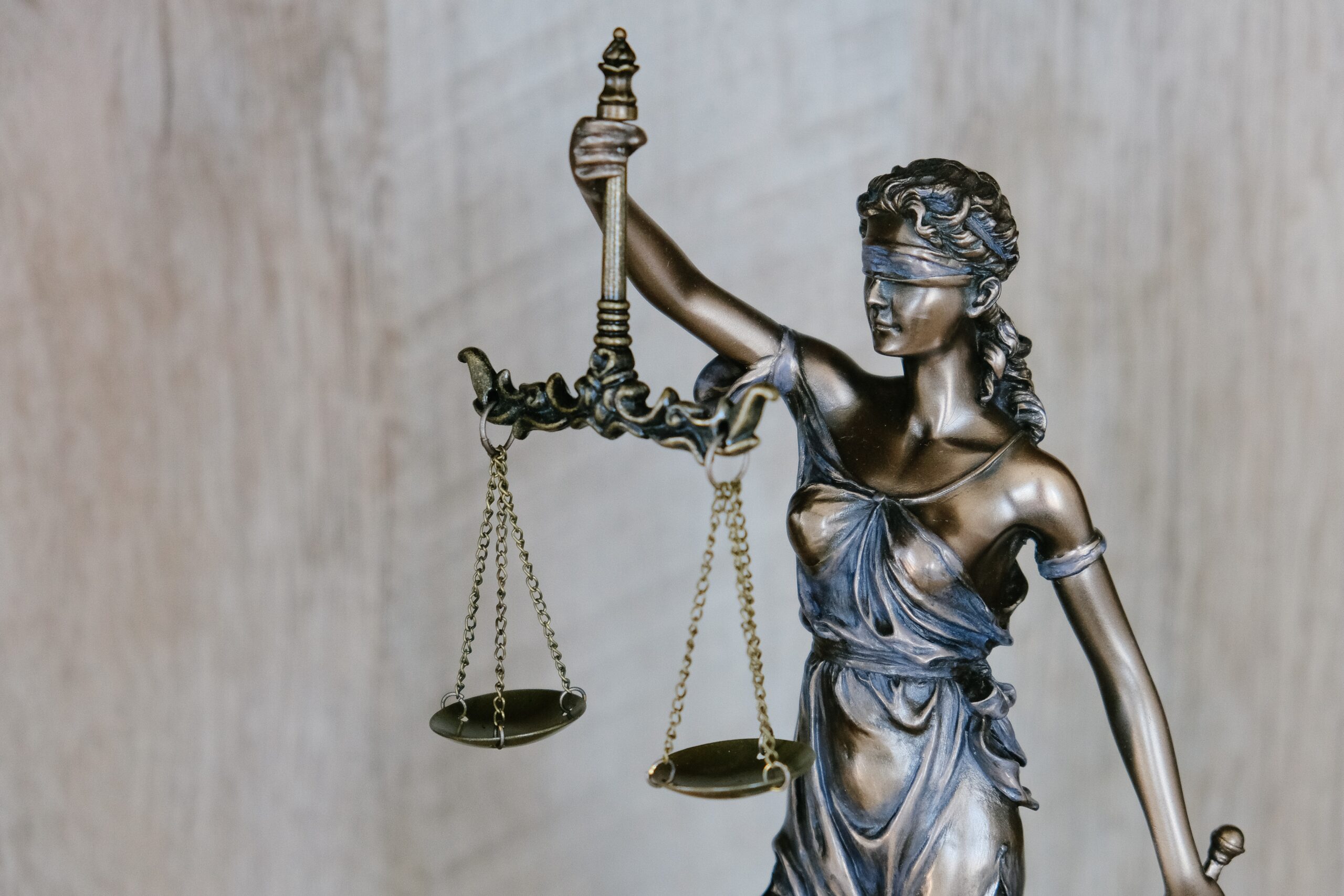Ripple Labs remains steadfast in its defense against the U.S. Securities and Exchange Commission (SEC) in the latest act of their ongoing lawsuit.
In a recent filing, Ripple counters the SEC’s Letter of Supplemental Authority regarding the regulator’s Motion for Summary Judgment with a confident and detailed response.
In the ongoing legal dispute between the SEC and Ripple Labs, the SEC referred to a separate enforcement action against investment advisory firm Commonwealth Equity Services to support its case.
Ripple’s legal team, however, quickly retorted that the cited case does not impact their fair notice defense.
Background on the SEC’s Lawsuit against Ripple Labs
The SEC accuses Ripple Labs and its two executives, Brad Garlinghouse and Chris Larsen, of raising over $1.3 billion through an unregistered, ongoing digital asset securities offering.
Ripple’s primary defense is the SEC’s failure to provide fair notice before filing the securities fraud lawsuit in December 2020.
Earlier this week, on April 11, the SEC emphasized the Commonwealth ruling in a letter to the presiding judge, stating that the long-established court precedent offers sufficient fair notice. The SEC claimed that the precedent leading to the Howey test’s development provided Ripple Labs with adequate notice of what constitutes a security.
The regulator further asserted that its case against Commonwealth lends additional authority to dismiss Ripple’s fair notice defense.
Ripple’s Response to the SEC’s Argument
In a response filed on April 13, Ripple’s legal team argued that the Commonwealth case does not provide additional authority for rejecting their fair notice defense. A letter to District Judge Hon. Analisa Torres highlighted the differences between the two cases.
Ripple’s defense pointed out the lack of contemporaneous evidence in the Commonwealth case, while Ripple’s situation involves abundant evidence, including SEC communications to third parties, indicating that reasonable market participants did not view Ripple’s offers and sales of XRP as investment contracts.
Ripple’s response also underscored that the threshold issue in their case is whether the Securities Act applies to their offers and sales of XRP. The legal team contended that the SEC’s reference to an “unbroken chain of district court decisions rejecting fair notice defenses” is irrelevant since the Court had already dismissed the SEC’s reliance on those cases.
Ripple’s defense maintained that the closest case, Upton, serves as a binding precedent and ruled in favor of the defendant’s fair notice defense, urging the Court to do the same.
Visit our dedicated thread to get the latest news on the SEC Ripple lawsuit.


